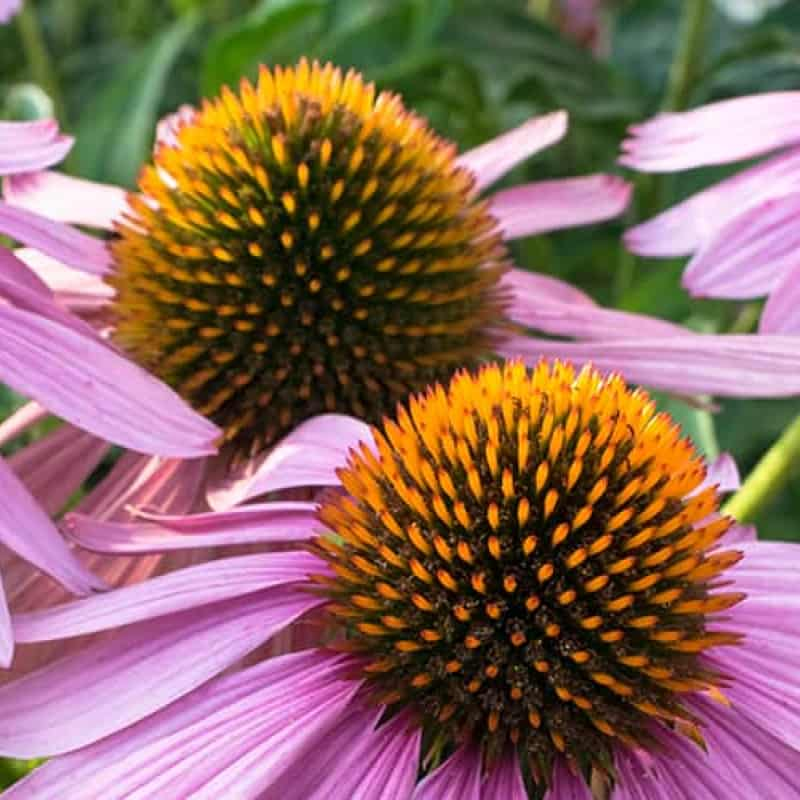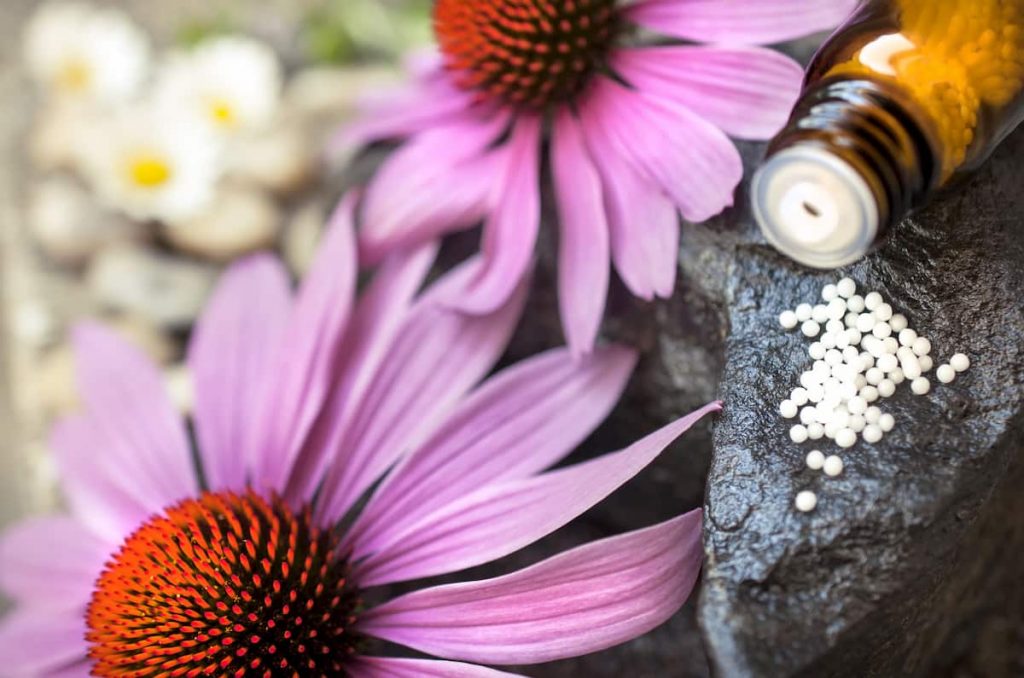
DISCLAIMER: Rules, regulations, and science about the UK pandemic may have changed since this article was written in March 2020, for updated news visit the World Health Organisation or the NHS website.
What do we really know about the virus causing the current worldwide pandemic?
It seems to be everywhere on the news at the moment. However, there are still a lot of misconceptions floating around about the virus. What do we really known about it?
Similar viruses such as SARS and MERS have caused similar issues to those we are seeing right now, but the problem for us now is a new form of virus that we have not seen before. It affects the lungs and airways of infected individuals. While most individuals will only experience mild to moderate symptoms, there is a risk of complications leading to serious hospitalisation and even death. [1] Because we do not known the full extent of the virus and it’s impact on patients, government agencies are taking every precaution to limit it’s spread until we are able to learn more.
You can read more about the virus and stay up to date on the most recent development on the Public Health England blog. If you are traveling, make sure to read the latest UK Government advice for travellers. It is important to stay up to date on the latest guidance, but always make sure this comes from reputable sources to ensure the information is factual.
What is Echinacea?
Echinacea is a flowering plant belonging to the daisy family. It grows in dry prairies and wooded areas of eastern and central North America. The flowers are often grown in gardens due to their bright and showy appearance and have been historically cultivated for their health boosting properties.
I came across Echinacea during my PhD studies. I found myself getting ill quite often, likely contributed to by the frequent exposure to ill patients. Desperate to reduce any downtime in writing my thesis, I looked into Echinacea as a preventative. The available evidence wasn’t conclusive, but I knew this was often the case with herbal products due to differences in formulation and often questionable study designs. After some extensive research I found enough positive studies to merit trying. Did it work for me? Absolutely yes. I found that it worked better the sooner I would start taking it (at first sign of getting ill) and it has earned a permanent spot in my drug cupboard. However, that is of course only anecdotal feedback and may not work as well for everyone.
How does Echinacea work?
We still do not fully understand the exact mechanism of action of Echinacea. However, Echinacea appears to work in 2 main ways:
Echinacea is an immunomodulator, meaning it works to stimulate the immune system. [2] This is partly because echinacea increases immune cells in the blood, especially T-cells which are responsible for non-specific immunity. [3] [4]This is the part of your immune system that reacts to any infections before it has had a change to create antibodies specific to the threat. It is believed that by doing this, it reduces the severity of illness, giving the body more time to create antibodies to a viral infection.
Echinacea has also shown that it has direct antiviral activity. Evidence suggests that Echinacea has potent antiviral effects on its own. [5] In particular, Echinacea has shown to kill Coronavirus like SARS and MERS, through a cell membrane-mediated mechanism. [6] Interestingly, the study also found that Echinacea had a potent antiviral effect on both types of Herpes Simplex virus which is notoriously difficult to eradicate. In fact, Echinacea has been found to be an effective treatment for Herpes outbreaks. [7]
Can Echinacea help prevent sickness during quarantine?
That is the million-pound question. Whilst Echinacea has not been tested on the 2020 virus specifically, there is some promising evidence that it can help. The direct antiviral activity mentioned earlier has been tested to work on other viruses such as SARS and MERS, and it is believed to function on membrane receptors similar to these viruses. But we still need more research to test Echinacea. This however may take a long time, as the virus is so new, and studies take many months to complete. There is however very promising potential for Echinacea extracts to be effective tools against the virus.
The general non-specific immune boosting properties of Echinacea are also likely to help in reducing the severity of the disease, just as it has shown to reduce severity and complications of other viral respiratory infections. Once again, more research needs to be conducted in vivo on actual patients to prove whether this will be the case.
What are the side effects of Echinacea?
Echinacea is normally well tolerated, and most side effects usually tend to be gastrointestinal upset and diarrhoea. [8]
There are some concerns of interactions between Echinacea and other medication. There are no specific reports of adverse reactions with drugs, but it is best to avoid the herb if you take other medication for heart disease, bleeding, cancer treatment and autoimmune disorders just to name a few. [9]
Always consult your GP before starting to take any supplement, especially if you take other medication.

Which Echinacea should I buy?
Echinacea is widely available in supplement shops and online. However, the problem with the wide variety of echinacea preparations on the market is the lack of standardisation. Different formulations can vary widely in the ingredients, composition, and strength of Echinacea. When looking for an Echinacea product, make sure it is standardised for Echinacea Purpurea root, using ethanol extraction.
Here at e-Surgery we only sell Echinacea tablets that has been certified with the Traditional Herbal Registration mark. This ensures that the product is regulated and meets the government standards for safety, quality and evidence for traditional use.
You can buy Echinacea tablets directly from e-Surgery online.
Who shouldn’t take echinacea?
Echinacea has not been tested to be safe on pregnant or breastfeeding women, therefore it is best avoided. As before even if you do not fall into these two groups you should still let your GP know you are starting any supplements, including Echinacea.
Sources
- Virus Overview | NHS
- Use of quantitative flow cytometry to measure ex vivo immunostimulant activity of echinacea | NCBI
- Enhancement of innate and adaptive immune functions by multiple Echinacea species | NCBI
- Echinacea alkylamides modulate induced immune responses in T-cells | NCBI
- Prevention of influenza virus induced bacterial superinfection by standardized Echinacea purpurea | NCBI
- Echinacea—A Source of Potent Antivirals for Respiratory Virus Infections | NCBI
- Echinacea purpurea polysaccharide reduces the latency rate in herpes simplex virus type-1 infections | NCBI
- The Safety of Herbal Medicinal Products Derived from Echinacea Species | Springer Link
- Herbal Interaction With Chemotherapeutic Drugs: A Focus on Clinically Significant Findings | NCBI
Further Reading
- Severe Acute Respiratory Syndrome | WHO
- Coronavirus (Covid-19) | GOV.UK
- Echinacea: Benefits, Uses, Side Effects and Dosage | healthline







